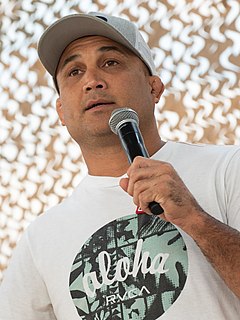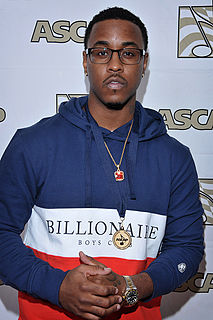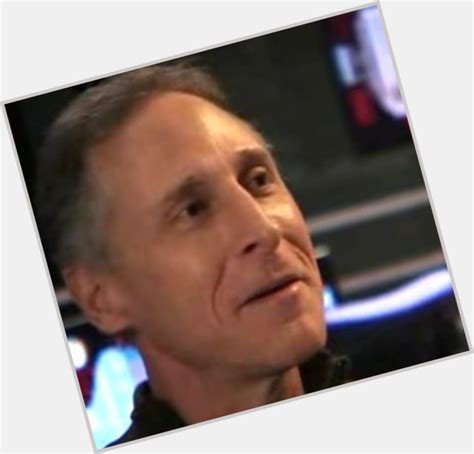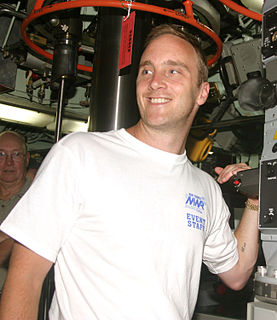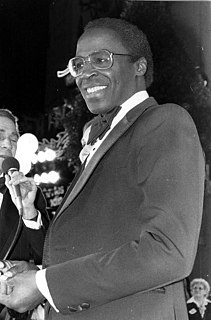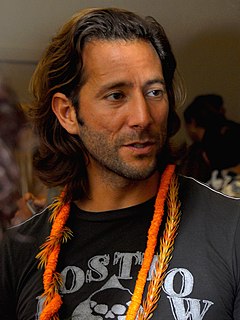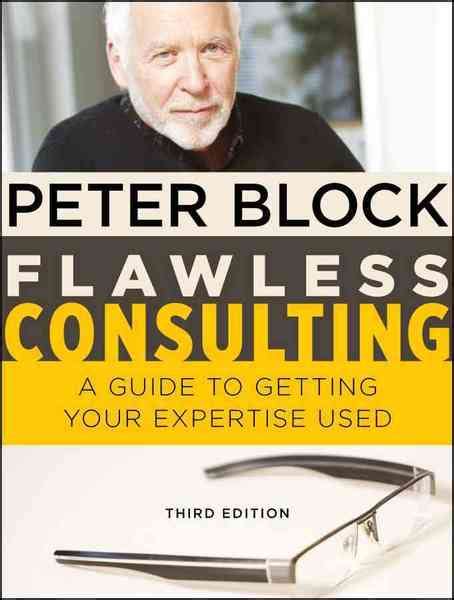A Quote by Robert Snodgrass
People have questioned my commitment to Scotland but it's actually the opposite. My problem is I can never say no.
Quote Topics
Related Quotes
Everybody has questioned my heart, questioned my training ethics, this and that, but I never did something as cowardly as to take any sports-enhancement drug...That's one thing no one can ever say about me, you know? That I was a coward and took sports-enhancement drugs, because I was afraid I was going to get my a** kicked in front of millions of people. So anybody out there who said I never had no heart, at least I wasn't a coward.
There is such a problem with racism, so to actually just say it and have so many people of colour message me and thank me for saying something... I remember when I used to cry about it to my manager I used to be like: 'Why do I feel like this?' and she'd never say it, and I'd never say it. It was really strange.
The only piece of advice I've ever given anybody is learn to write songs and write as many songs as you can. Because it's never gonna hurt, and when you run into that problem of, 'God, I don't know what I want to say,' or the opposite problem of, 'I know exactly what I want to say, but no one has written it,' then you can just go write it yourself.
Mainly I got to know about the atmosphere in the East Germany and how people felt, because I never experienced it physically. You can't talk, because everywhere there's someone listening in on everything you say, and you might get things wrong and be questioned or they come up and say, "Well, actually, we want you to work for us and if don't, we'll pressure you," and stuff like that. Living in a country like that, how do you get around it and still keep your dignity? I think it's one of the main questions.
Well, if there is a spectrum between ethnic and civic forms of nationalism, which is a rather schematic way of looking at it, all nationalism contains elements of both, but Scotland is very far on the civic end of the spectrum. That is partly because nobody has ever been stupid enough to say that Scotland is an ethnicity in a genetic sense. A kingdom of Scotland existed long before anybody talked of a Scottish people. So that is one thing we have been spared.
Dissent is the cousin of diversity; the respect for a wide range of beliefs. This begins by allowing people the space to say "no". If we cannot say "no" then our "yes" has no meaning. Each needs the chance to express their doubts and reservations, without having to justify them, or move quickly into problem solving. No is the beginning of the conversation for commitment.

